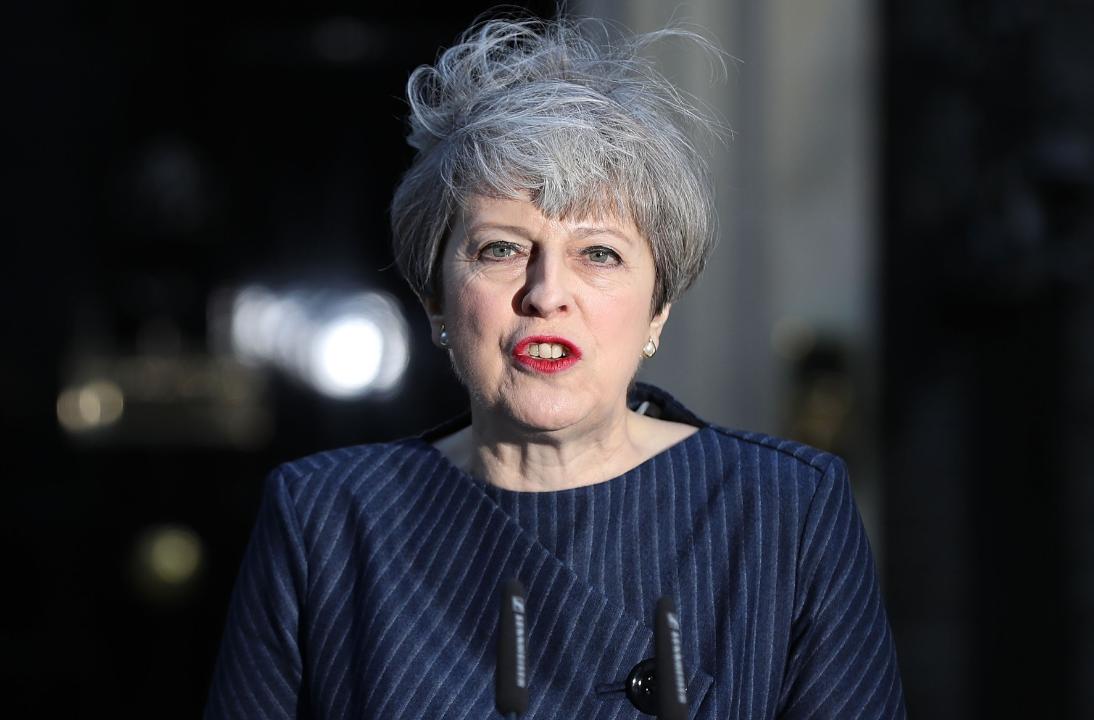Theresa May called an opportunistic general election. In April, the stars were aligned in her favour by a 21-point voting intention lead over Labour. Today the YouGov poll puts the Tories ahead by only 3 points, while the Survation poll puts it ahead by 6 points. The expected landslide is slipping. What happened? In a word, the manifesto. May was guided by her conservative moral philosophy of looking after the disadvantaged, people who have typically felt neglected by the Conservative party. It’s a bold and commendable move, but wrongly presented in an 88-page manifesto that went off-piste. Introducing her reforms for making the older voter contribute more to the cost of social care, the traditional Tory took umbrage and the concept was quickly dubbed the “dementia tax”. Folks were expecting a lot more detail about forthcoming Brexit negotiations: for instance, a net migration figure, but in reality this would not be feasible as it would alert EU to the plan and introduce cross-party debate that would demoralise the election process.
Manchester is a catastrophe under any circumstance and has thrown a shadow over security services, with the question of reports of Salman Abedi not being clocked by police and intelligence agencies. All the opposition parties are using this thread to rile the Conservatives. Home Secretary Amber Rudd has defended current and proposed procedures and the investment in security.
Originally, voters liked May’s hard working, pious and “headmistress-y” profile. But since open source information has revealed that her manifesto was compiled in an ivory tower, without the input of a single minister, the Tory party is trying hard not to appear divided. The Conservatives have lost control of their campaign. It was too oriented around Theresa May herself, aka Tory supreme leader on posters, banners and buses. Too much centrally co-ordinated promotional material, uniform copy and pasted tweets from “ministers” and campaign events, with too much obvious stage managing enabled the oppositions to gain ground, including the Liberal Democrats, whose support in London has doubled in the past year.
This week Theresa May and Jeremy Corbyn appeared separately to answer a select public’s (33% Labour, 33% Conservative, 33% Undecided) questions on Sky News, followed by questions put separately to both by Jeremy Paxman. Paxman was intimidating to both and not much was achieved through the questioning. Realising her “strong and stable” mantra had become hackneyed, the PM did not use it once. Only one man in the audience gave her a standing ovation at the end. The Sky audience clapped at each Corbyn response. The BBC followed up with a seven-party simultaneous debate. Accusations of a weighted left-wing audience were overruled by a lengthy recruitment methodology by ComRes, including a 50/50 split of Remain and Leave voters. Theresa May was busy campaigning and sent her alter ego Amber Rudd in her stead. This debate was vociferous and vituperative about foreign
Jeremy Corbyn has presented himself all week as a cosy “Uncle Jeremy”, avoiding his contentious history with the IRA and Labour’s anti-Semitism issues, and by never raising his voice and counting on wooing the young to boost his vote share. It is true that clusters of young people could influence a few seats, possibly in university towns, but it is unlikely that the anticipated cohorts of young will all vote for Corbyn. It seems folks’ trust in “Auntie Theresa” has diminished. The politically inclined musician Captain Ska’s song “Liar Liar” reached number two on the iTunes chart and Grime artists have set the pace for RnB and Drum and Base artists to support Corbyn. The young voter may take a lead from here. Financial sources say the costings in the Labour manifesto are weak and wobbly. If Labour were victorious the gilts and bonds market is likely to be under enormous stress. The cost of servicing the borrowings needed by a Labour government for their ambitious spending plans would be consequently much more expensive. The public will decide if Labour behind Jeremy Corbyn is unified enough, politically and financially competent enough to negotiate a smooth and sustainable Brexit and govern Great Britain.

